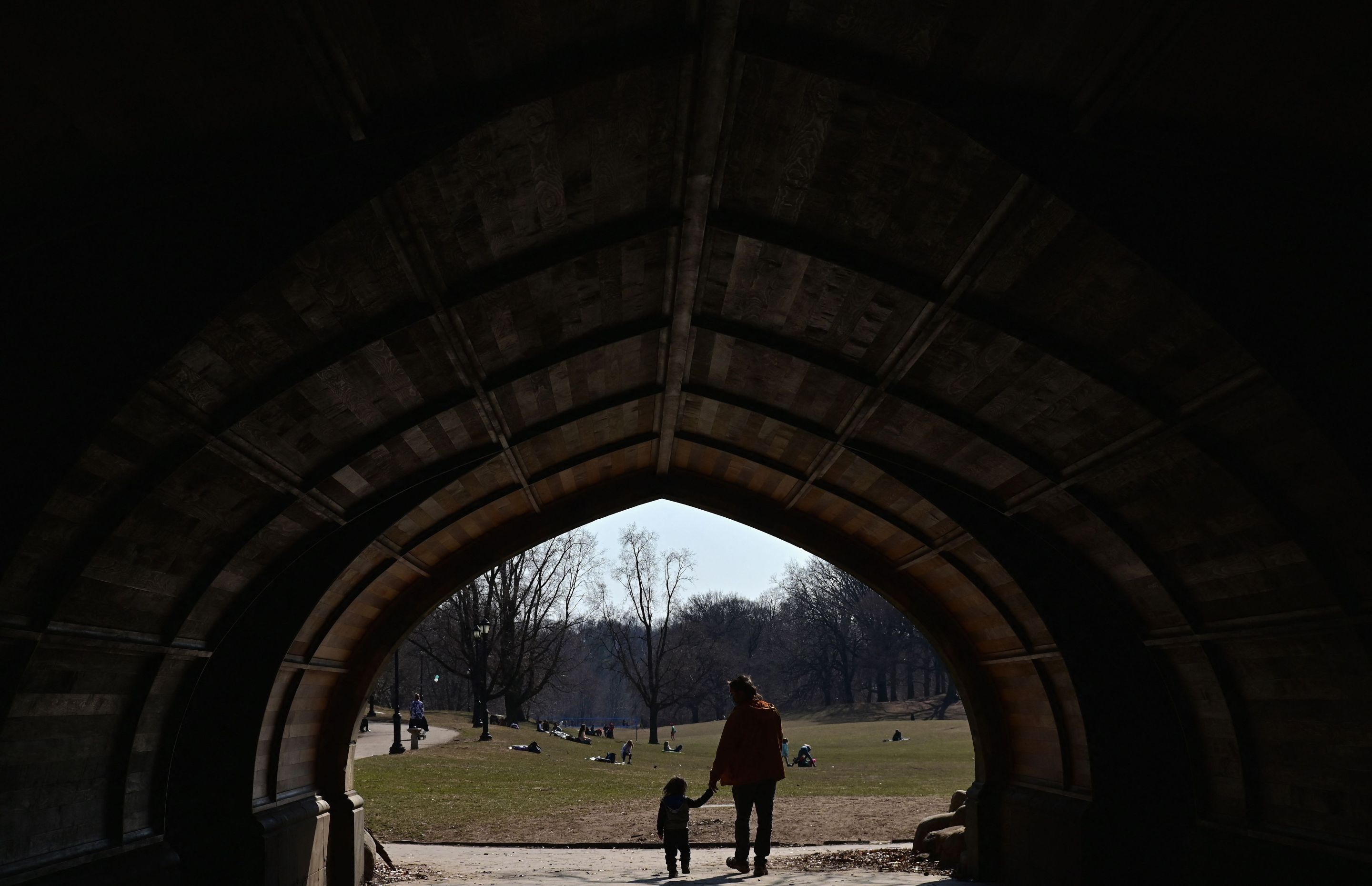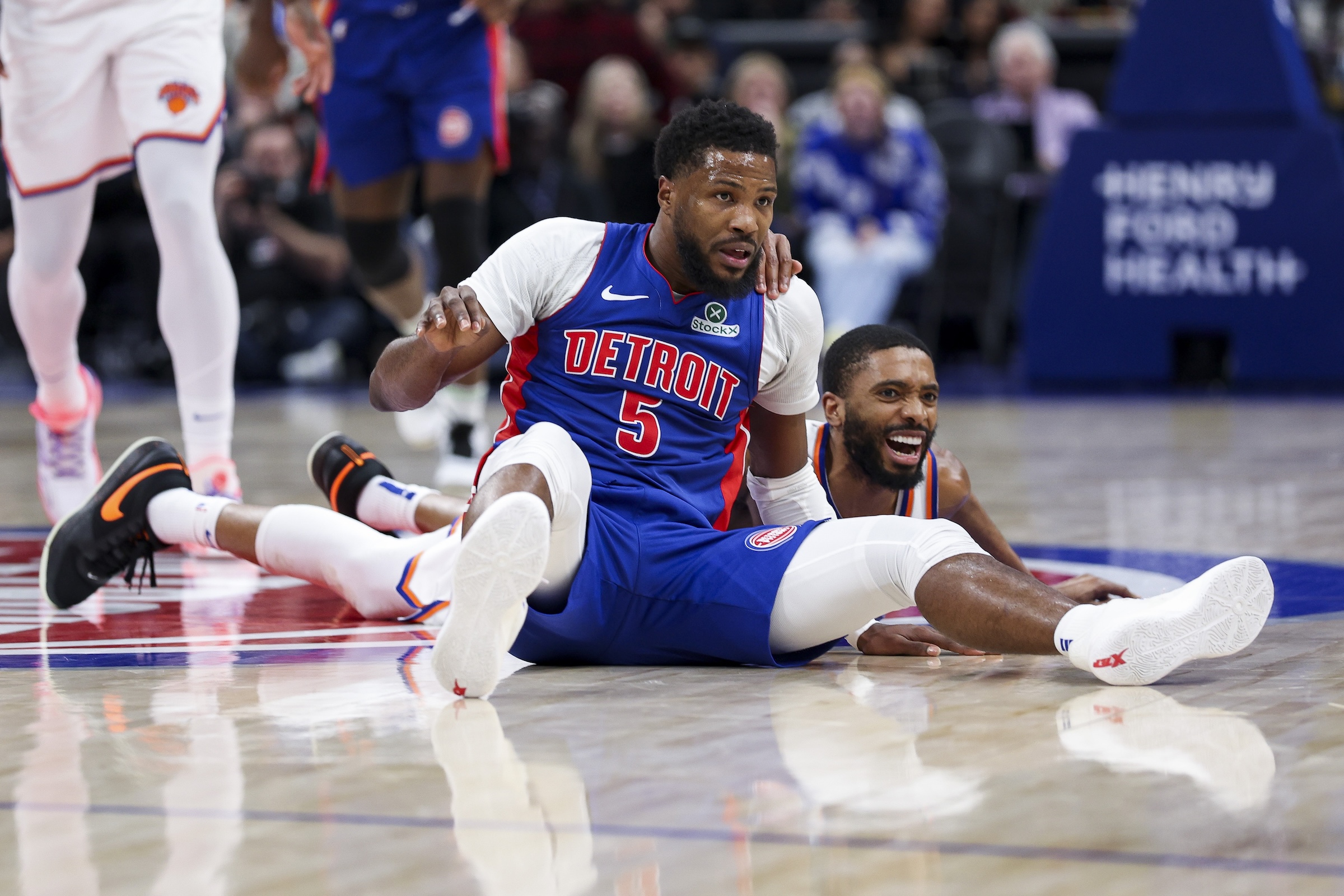On Saturday morning, Alex and I walked with our dog to the park. I wore my mask bunched down around my chin so I could sip a cup of coffee. In the park, I put it back in place before we met up with my brother, who was wearing a mask, and my two-year-old nephew who wasn’t and who grinned shyly when he saw us. I saw a woman take off her mask and pose for a photo in front of a magnolia tree in full bloom, then put it back on to pose with her arm around her friend. I spotted a lady whose name I don’t know, but whose dog's I do, walking past with no mask at all, and waved. I said good morning to the guy who shouts affirmations to himself as he exercises and who wasn’t wearing a mask. He paused his bench dips and said, “Hallelujah.” My brother and nephew and I walked together to a half-full playground where most but not all of the adults and older kids wore masks, and I watched all the kids clamber around while the parents stood in little clumps. I took my mask off and tilted my head back and took in deep breaths of air that didn’t smell like my coffee breath. Then I put it back on and made my way through a crowded farmers market, where everyone I saw was wearing a mask, to a bake sale set up by my neighborhood’s mutual aid group.
I was thinking about all of this on Monday when the question of outdoor mask mandates set off a predictable online screaming match about public safety and science and society and who does and doesn’t care about it. A slew of articles from the past few days, each citing various experts and studies, argued that it’s time to start doing away with government outdoor mask mandates. The Boston Globe wrote, “Could outdoor mask mandates get dropped in the coming weeks? One expert thinks so.” In a post titled “It’s About Time for Us to Stop Wearing Masks Outside,” Slate wrote, “Masking up outside when you’re at most briefly crossing paths with people is starting to feel barely understandable.” The New Republic published “Set Us Free From Outdoor Mask Mandates!” which read, in part:
“As cases and death rates subside in many places and vaccinations go up, many of the questions of what we need to do to navigate the evolving risk landscape are nuanced and complicated. Some, however, are not: Save for dense gatherings (like farmers markets, rallies, and protests, for example), outdoor masking is not necessary—and its ongoing ubiquity is meaningless political theater.”
The Atlantic joined in with “Are Outdoor Mask Mandates Still Necessary?” The piece pointed out that some places have an outdoor mask mandate and also allow indoor dining, which doesn’t make sense as the virus is more transmissible inside than outside. It also wrote:
Julia Marcus, an epidemiologist at Harvard Medical School, spoke with several male mask skeptics last year for a piece in The Atlantic. When she explained that masking wasn’t as important outdoors, the men became more amenable to wearing them indoors. By connecting rules to reasons, she got them to see the value of covering their nose and mouth when it actually mattered. Last week, Marcus told me that she’s baffled by the notion that the best way to get people to wear masks inside is to mandate that everybody wear one when they’re alone outside. “We don’t recommend condom use when people are enjoying themselves alone to get them to wear condoms with their sexual partners,” she said.
If the Twitter backlash to the articles was bad (and it was), then the backlash to the backlash was even worse. Going by the “discourse,” which largely and unsurprisingly belied the reasonable ideas presented in the articles, you’d be forgiven for concluding that either people who want to be outside without a mask are selfish menaces to society, or that people who want to continue wearing masks outside are hysterical science-denying idiots. Out in the world, though, people are just trying to figure it out as they go with the best information they have available to them. Journalists and opinion-havers are right to publish facts and opinions about rolling back outdoor mask mandates. But they could also try and sympathize with people who are scared of what that means. This virus, aided by the state’s failures, killed more than half a million friends and family members in just over a year. Putting aside all the frustration, bad information, stress, doubt, and anger that’s dominated huge chunks of public discussion from the last year, COVID-19 is scary! Acknowledging that masks make people feel safe doesn't change the fact that wearing them outdoors doesn’t curb transmission, it just helps make people feel understood.
I’m very much looking forward to walking down the street without a mask, but I won’t think twice if I pass someone wearing one, even months from now. Who cares if people want to keep wearing masks outside, whether it’s from a misplaced but understandable fear of a deadly virus, to thwart facial recognition, to cover up a big chin zit, to have more privacy, or any other reason someone might want to wear a mask? In the end, I can understand the attachment to masks far better than I understand why certain media dorks have their panties in such a bunch over it, screeching about “COVID panic porn.” Sooner rather than later, the majority of adults in the U.S. will be vaccinated and the outdoor mask mandate question will feel trivial. In the meantime, everyone should try and relax.
At the bake sale on Saturday, I bought some miso chocolate chip cookies from my neighbors, who were wearing masks, and ate them as I walked home, my mask dangling off an ear. I passed a couple on the sidewalk, and with my visible mouth full of cookie, I smiled at them. It was partly an apology for my exposed lower face—obscene!—and partly a tentative expression of hope for more spring days full of babies and magnolias and park pals and playgrounds and bake sales and smiles that strangers can see. Their mouths were covered up, but I’m pretty sure they smiled back.






